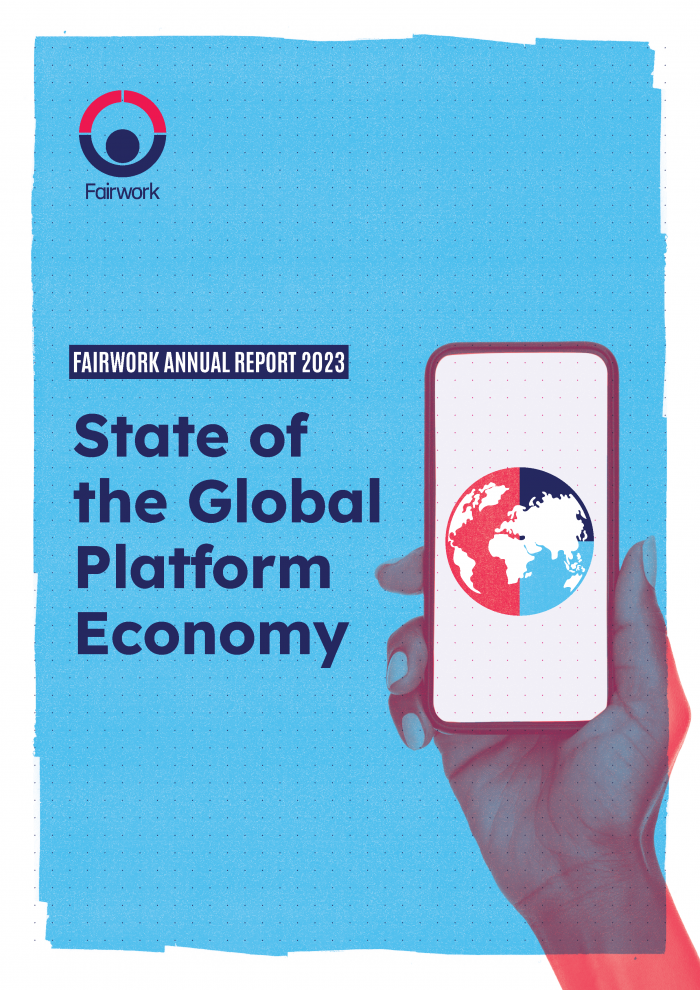

In Brazil, the increasing platformization of labor has been among the main topics of public debate, central to discussions between policymakers, governments, workers and companies. This report evaluates 10 platforms from varied sectors, and shows that there is still much to do in terms of decent work in the country, with many workers continuing to face unfair working conditions and a lack of social protections.
Still, there have been some improvements on some platforms, especially in terms of fair pay and fair management, compared to the Fairwork Brazil report published in 2022. However, no platform scored on the principles of fair conditions and fair representation – which is an additional warning sign for the platform economy in the country. In addition, some platforms that scored in the previous report did not score in this one.
The Fairwork project remains open to social dialogue with all parties interested in ensuring decent work in the platform economy in Brazil.
New survey found 7 out of 10 São Paulo citizens would stop using delivery and transport apps that fail to offer decent pay and working conditions for workers.
A poll by Locomotiva released today has found that 93% of people in São Paulo believe that platform workers deserve better protections and pay.
“With the advance of technology and the computerization of services, digital platforms have gained immense ground. Many of them achieve huge profits. On the other hand, the search for maximizing profits comes along with the overexploitation of labor. We have seen, for example, the situation of young delivery boys in Brazil who, throughout the pandemic, have worked without any rights. Fairwork helps us to uncover these realities and thus think about policies to protect the working class.”
Ivan Valente
Federal Deputy for the state of São Paulo

“The Microelectronics Technological Revolution has profoundly altered the ways of organizing and providing work since the end of the last century. With the internet and the enormous advances in computing, “platform capitalism” has emerged. This new productive paradigm is established, but the workers engaged in these activities do not have practically any social and/or labor protection. But this does not mean that regulation of this new employment contract should not be established with legal parameters based on the concept of fair work. Thus, the Fairwork project has a lot to contribute.”
Henrique Fontana
Federal Deputy for the state of Rio Grande do Sul

“The Fairwork project assesses working conditions on digital platforms against five principles of fair work: fair pay, fair conditions, fair contracts, fair management and fair representation. MPT supports these principles and encourages everyone to use the Fairwork ratings as a selection criterion when using digital labour platforms.
With this commitment, we also want to encourage other organisations to join us and Fairwork in our efforts to create a fairer future of work in the platform economy.”
José de Lima Ramos Pereira
General Labour Prosecutor, Brazil Labour Prosecutions Office (MPT)

Evento de Lançamento: Relatório Fairwork Brasil 2021